According toYouri van den Hurk, the gray whale is the only species that has completely disappeared from the entire Atlanticocean. Therefore, the 1st of March, 2024 will definitely be marked as a very special day inhistory. New England Aquarium scientists were flying 30 miles south of Nantucket when they sighted a gray whale off the New England coast: a species that was thought to have been extinct in the Atlantic for more than 200 years.
More info:New England Aquarium
The sighting marks the 5th documented observation of a gray whale outside the Pacific Ocean in the last 15 years
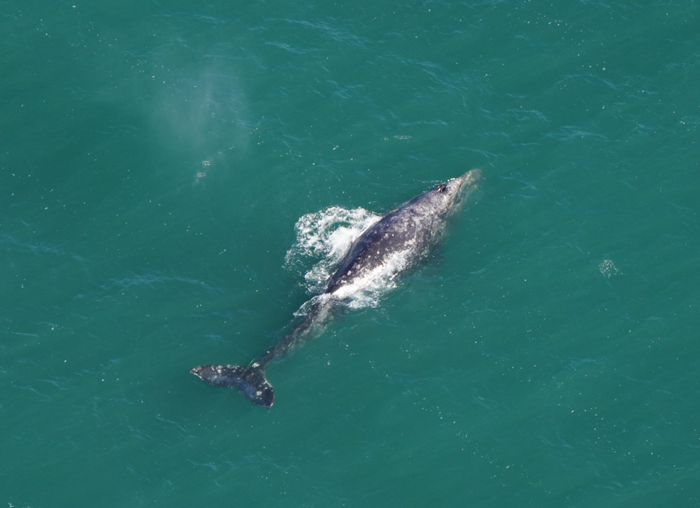
Image credits:New England Aquarium
Gray whales are named for their distinctive gray and white patterning, which is unique to each individual
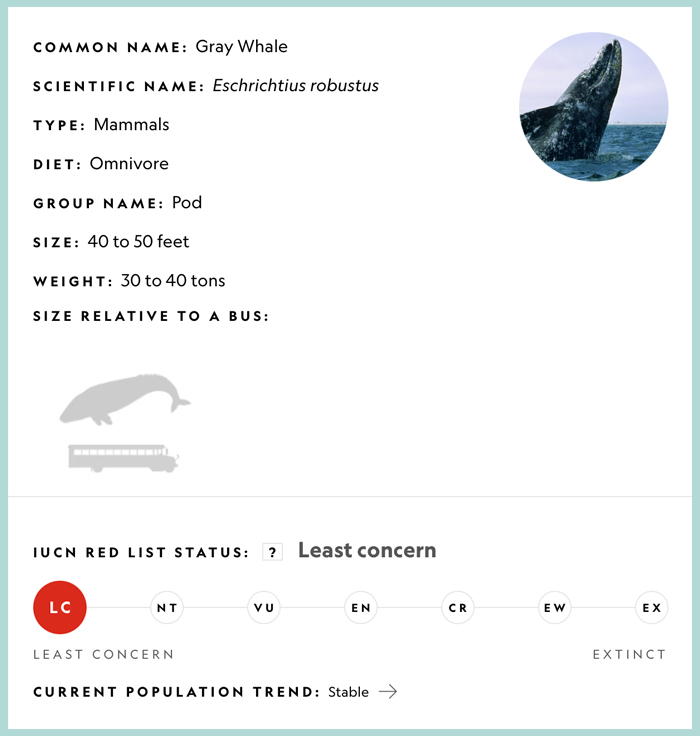
Image credits:nationalgeographic.com
The New England Aquarium scientists believe the gray whale that was seen off New England this month could be the same whale sighted in Florida late last year.
The map shows where the gray whale was spotted
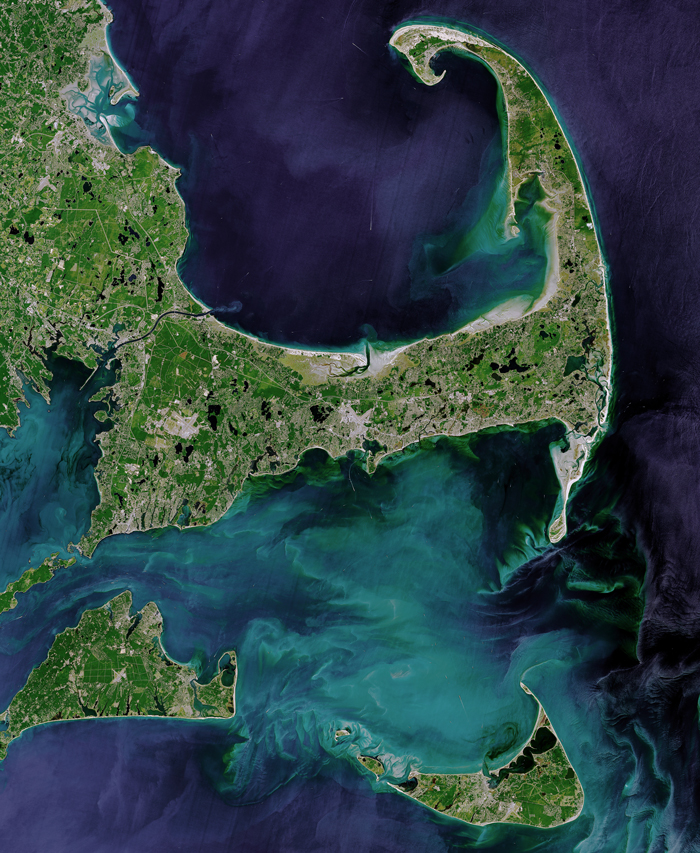
Image credits:wikipedia.org
The aerial survey plane circled the area for 45 minutes, allowing observers to capture additional photos
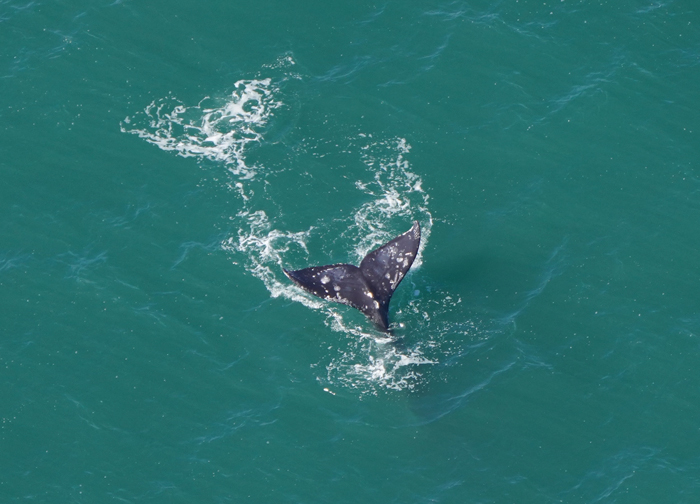
“I didn’t want to say out loud what it was, because it seemed crazy,” said Orla O’Brien, associate research scientist in theAnderson Cabot Center for Ocean Lifeat the New England Aquarium. She has been flying aerial surveys since 2011.
During the time when the whale was on a dive, the scientist showed the photos to her colleague, Research Technician Kate Laemmle, who was also in the plane. “My brain was trying to process what I was seeing, because this animal was something that should not really exist in these waters,” said Laemmle. “We were laughing because of how wild and exciting this was—to see an animal that disappeared from the Atlantic hundreds of years ago!”
The gray whale was spotted just 30 miles south of Nantucket, Massachusetts

Image credits:Jon Mezzadri
Scientists are thrilled to see the gray whale, but pointing to climate change

Image credits:Markus Spiske
“This sighting highlights how important each survey is. While we expect to see humpback, right, and fin whales, the ocean is a dynamic ecosystem, and you never know what you’ll find,” O’Brien said. “These sightings of gray whales in the Atlantic serve as a reminder of how quicklymarine speciesrespond toclimate change, given the chance.”
“Perhaps the most serious stress on the oceans today comes from our dominant way of producing energy. <..> As the stress on the climate’s heart increases, it is ‘beating’ irregularly, and long-standing weather patterns are shifting,” mentioned one article about “Climate Change and the Ocean” on The New England Aquarium’s website.
The New England Aquarium has protected and cared for ocean and marine animals for already more than 50 years

The gray whale could be considered one of the animal kingdom’s greatest migrators. Traveling in groups, some of these giants can reach 12,430 miles round-trip from their summer home in Alaskan waters to the warmer waters off the Mexican coast. These very long journeys are hiding big challenges along the way, and climate change isn’t the only problem here.
The gray whale is one of the animal kingdom’s greatest migrators
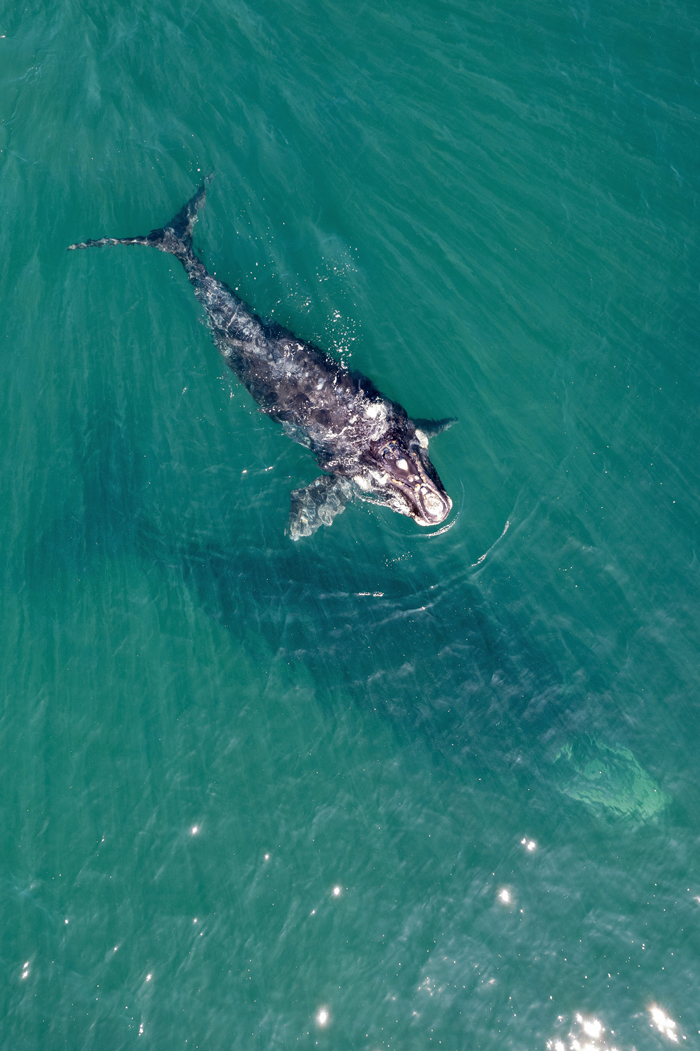
Image credits:Ivan Stecko
Later on, in 2022, WWF for the first time presented a global view ofblue corridors for whales, combining satellite tracking data from over 1000 tags from 50 researchers. The science community was calling for an urgent action to safeguard whales amid mounting threats along their migratory routes.
Protecting Blue Corridors has for the first time visualized the satellite tracks of over 1000 migratory whales worldwide
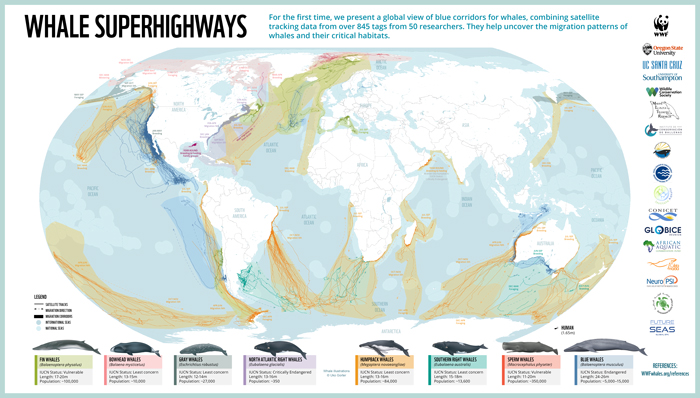
Image credits:WWF
People couldn’t hold back their thoughts about this unusual discovery

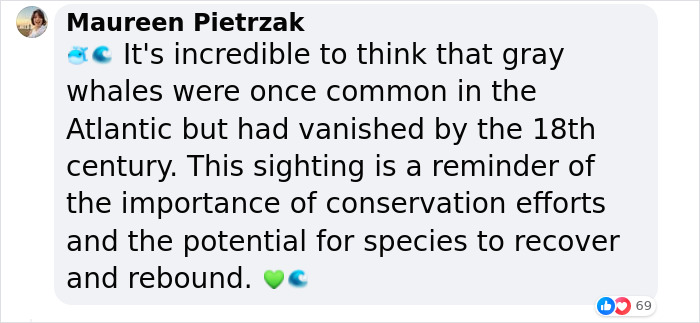
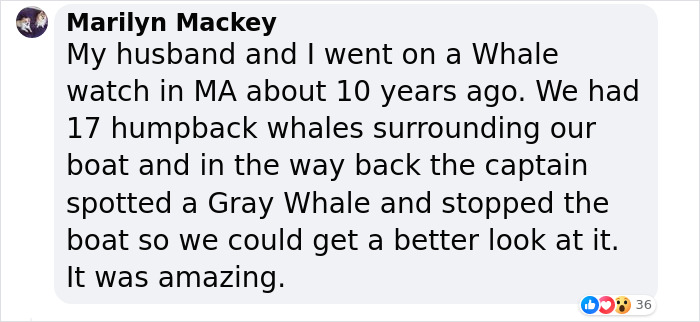








Animals